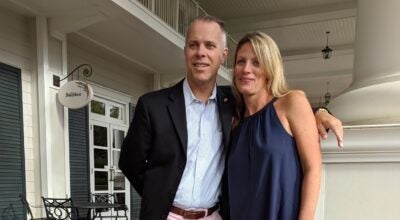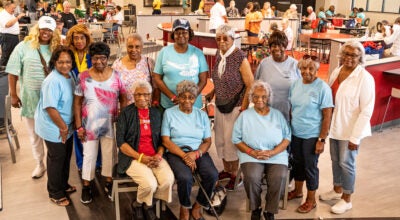Montevallo, Lafarge form green bond
Published 4:23 pm Friday, May 28, 2010
Every day, people across Shelby County consume products of all kinds in glass bottles, and throw away the containers when they’re done.
But for the past few years, the University of Montevallo and the city of Montevallo have been offering local residents a green option for disposing their glass refuse.
What began as a program spearheaded by a UM biology professor approximately two years ago has evolved into a mutually beneficial agreement between the city and a Calera company.
Shortly after UM began its recycling program, Travis Reed, the safety, environment and public affairs manager for the Lafarge cement plant in Calera, approached the university with a proposal.
Because the UM program was one of the only recycling programs in Central Alabama to offer glass recycling, Lafarge offered to take the used glass collected by the university.
“One of the challenges that comes with recycling is figuring out what to do with the material you collect,” Reed said. “Glass has always been a challenge, because you usually have to sort it by color.
“But we don’t have to sort it like that,” Reed added.
After Lafarge employees collect the recycled glass, they return it to the plant, crush it and use it as a raw material to create cement. Glass contains silica, which is a component of cement, Reed said.
Although the UM program is no longer operational, the city of Montevallo recently opened a new recycling center on Spring Creek Road, which is open 24 hours a day.
Lafarge regularly accepts every glass bottle collected at the Montevallo center and a recycling center in Birmingham.
Montevallo Mayor Ben McCrory said the city’s agreement with Lafarge is beneficial to both parties because it allows the city to put the recycled glass to good use, and it grants Lafarge a steady flow of one of its raw materials.
“They use every bit of glass we collect over there,” McCrory said. “We are glad we are able to give it to them because it doesn’t really have any value to us.”
“We are glad that we are able to take that material out of the landfills and put it to beneficial use,” Reed said.









